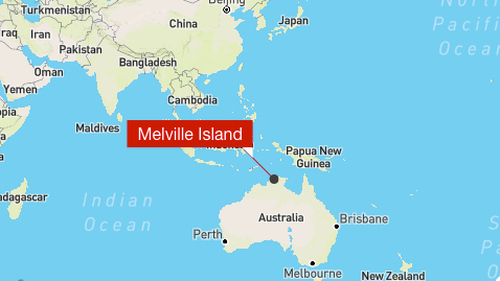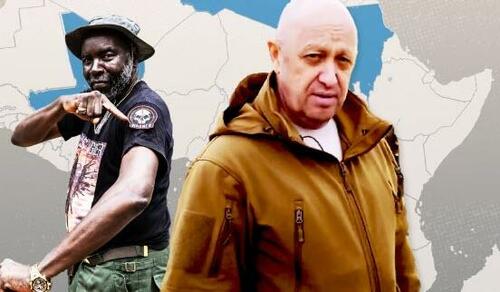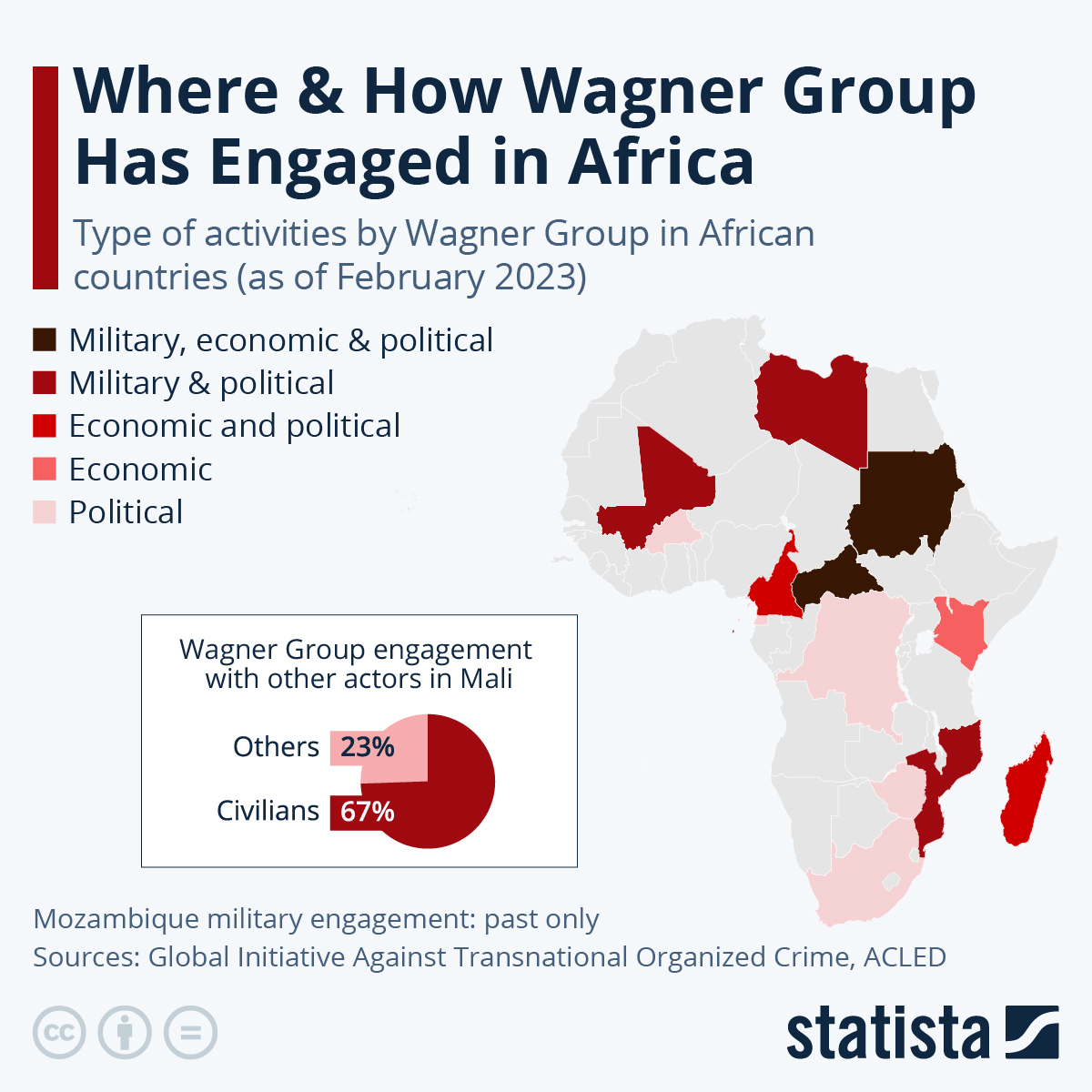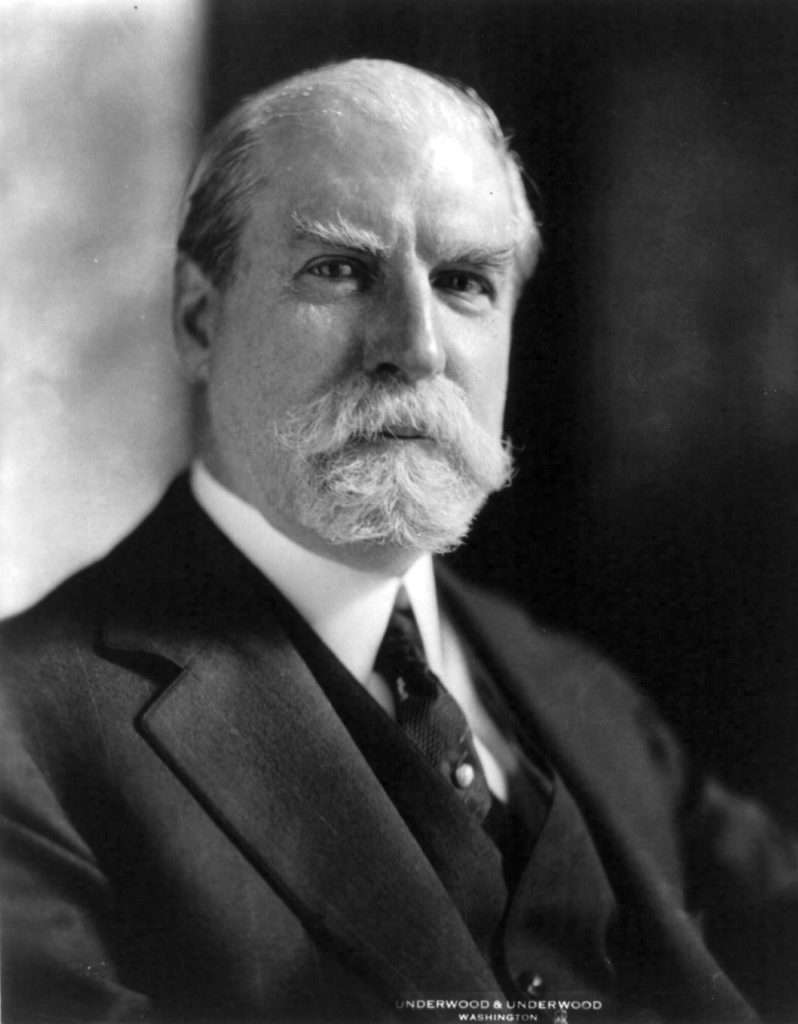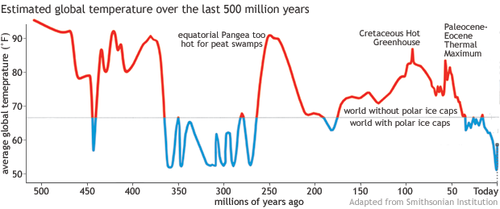In the mid-2000s, the news media underwent rapid change, beginning a transformation from stodgy to spicy. Social media networks and trailblazing online-only news outlets changed the way everyone used the internet. Perhaps no one had a better view of the whole news landscape than Ben Smith.
Smith was the first editor in chief of the recently shuttered BuzzFeed News, a New York Times media columnist, and a co-founder of Semafor. In his new book, Traffic: Genius, Rivalry, and Delusion in the Billion-Dollar Race To Go Viral, Smith charts the rise and fall of Gawker, HuffPost, Breitbart News, and BuzzFeed News.
In the 2000s and early 2010s, these sites dominated news cycles and pulled millions of eyeballs due to their unique abilities to shape media narratives in surprising and irresistible ways. It seemed they would define the new century while legacy outlets such as The New York Times would be lucky to survive in the new, massively online mediascape. But Donald Trump, revenge lawsuits, untimely deaths, and the vagaries of the internet ended up disrupting the disrupters.
In May, Reason‘s Nick Gillespie interviewed Smith in New York City about the ever-changing media landscape. They discussed his controversial decision at BuzzFeed to publish the Steele dossier (which contained allegations about collaboration between Trump and Russia, along with other salacious details), what the firings of Fox’s Tucker Carlson and CNN’s Don Lemon mean for journalism, and the future of Semafor.
Reason: What is your book Traffic about?
Smith: How totally insane this particular media moment is with, sort of, social media flying apart, Tucker Carlson and Don Lemon getting fired, and these great platforms of the 2010s shutting down. I mean, in some sense, this is the origin story of all that and the story of all these kind of wild characters and outsiders downtown in Manhattan, 20 years ago, thinking that they were inventing a new media and that they had discovered these new kind of forces of the internet that they were going to channel and use to overturn everything that then existed.
What was Gawker, who was behind it, and what was its peculiar genius?
You have to put your head back into that moment when places like The New York Times, CBS, and Condé Nast seemed just incredibly vulnerable as businesses. They just weren’t on the internet. They were like emailing around PDFs of their stories three weeks later. They seemed fossilized.
We were coming out of the Iraq War, and there was a sense that the media had really, on the biggest story of the generation, totally failed. And so there was—from a business model perspective, but also culturally—this sense that these were these kinds of discredited, failing institutions, and a lot of appetite from readers for something new.
In that context, this British journalist named Nick Denton, who had been at the Financial Times, who came of a very elite British pedigree, rolled into New York with this idea that if he just started a couple of blogs, he would build a huge digital empire. But mostly he just started blogs, the first of which was a tech blog called Gizmodo, but the most legendary of which, started soon after, was Gawker. It started with these young writers, young women who were great stylish, funny writers like Elizabeth Spiers, who were just these total outsiders to the media industry throwing entertaining stones at it. Spiers went and infiltrated the Condé Nast cafeteria and just mocked the folkways of this ancient media class essentially.
They were these incredibly hierarchical institutions where the junior staff literally stayed on the periphery of the offices because they were scared to walk through the middle where the powerful people were. Gawker challenged that. Also it was sometimes incredibly cruel and petty and bitchy and gossipy in the spirit of the British media, but also because they were outsiders and they had no power. It seemed totally fine to act that way, basically, and I think it gradually evolved into this pretty, in some ways, influential empire of blogs.
Was there a story at Gawker early on that highlighted Denton’s take on journalism?
One of the iconic stories, which was on Gizmodo rather than Gawker, came when they got hold of an iPhone that they were not supposed to have. I think the traditional tech media, which they were also at war with, would’ve probably talked to Apple. They just basically obtained this phone illicitly and published all these heretofore secret specs. An engineer left it at a bar. They didn’t steal it per se. Apple sent the police after them, which was incredibly valuable for their reputation. That’s who they wanted to be.
So they were always looking for opportunities to prove that they were outsiders who would do what nobody else would do. The other, and probably more lamentable, threat of that is that they would publish sex tapes, which somehow, again, it’s very hard to imagine the moment in which that seemed like a normal or acceptable thing to do.
Nick Denton’s philosophy of what the internet could do was this very specific, very ideological point of view, which is just that it ripped the mask off the media, and off its audience. You could look at the traffic, you could see that people wanted pornography rather than high-minded stuff, so give it to them because that’s what they wanted. And you could print the conversations—the bitchy conversations that journalists would have at bars but not print. That was the spirit of it.
Huffington Post became a major player in this space as well. What was The Huffington Post?
The other thing that was happening then was that Democrats were freaking out that George Bush had just beaten John Kerry, and they were looking for a way to channel this new internet media, which was presumed to be young and progressive. That’s who was on the internet; it went without saying that the internet was of the left in some sense.
So Arianna Huffington, a conservative turned liberal, Californian, Greek, great character, and Ken Lerer, this very savvy New York P.R. guy who helped sell AOL, and Jonah Peretti, this tech guy, basically went to start what would become essentially this vehicle for promoting Barack Obama in the primary and then in the general election. Their fourth partner—again, it’s one of those things where you have to think back about a world in which this made sense, they were hoping to be a liberal version of the Drudge Report—so it made sense to go to the Drudge Report and pick off Drudge’s deputy, this guy Andrew Breitbart.
He had this incredible power in the culture, but also Matt Drudge paid him irregularly, whatever he felt like, and never gave him any public credit. It was a very strange story.
But in any case, it made sense for them to go to the right-wing place and hire that guy because they were all on the internet. The relevant world was the internet, as opposed to the establishment media, as opposed to right versus left. All the right-wing bloggers and the left-wing bloggers had more in common with each other than with these old media people.
HuffPost had this idea of itself, like Arianna would give speeches saying that people were reading it because of its coverage of the Iraq war. But what Jonah Peretti, my old boss, had sort of realized was that was not what traveled on the internet. What traveled on the internet was kind of salacious celebrity coverage. And so he developed this thing called “the mullet strategy,” which was serious upfront, party in the back. So there’d be the big headline about Iraq and then scroll down for the good stuff.
Jonah Peretti was working at The Huffington Post, and then he started BuzzFeed. What was BuzzFeed?
Jonah came from this different place. He was not a journalist, he was—it’s funny, another term that has fallen out of fashion—but he had come up as a culture jammer. He did weird pranks.
Nike at one point had this thing where you could customize shoes with your name or with any English word. And he tried the word sweatshop and the customer service representative wrote back that it wasn’t an acceptable term. He wrote back that actually, in the terms of service, which he had read, was “a word in the dictionary.” And they went back and forth several times until he wrote to them that he was OK with them not printing the shoe, but could they send him a picture of the 7-year-old Vietnamese girl who had assembled it, and they did not respond.
And then he forwarded that email to a few friends, and within weeks it is everywhere on the internet. One of his friends has posted it to a blog and is getting a lot of traffic. He’s on The Today Show debating a Nike spokesman about sweatshops, which he knows nothing about.
And the whole experience, he’s sort of like, “What happened here? This is really interesting. This is some new thing in media,” and he gets sort of obsessed with capturing it. Through a series of weird pranks and then figuring out how the internet works at Huffington Post, he then launches this thing, BuzzFeed, which is really a laboratory for really weird stuff that they think might travel around the internet. And it’s with no sense of journalism or not journalism; it’s just web culture memes and measuring each one’s traffic and figuring out what people will share.
Let’s talk about Breitbart, because it is funny at Huffington Post you have four kind of main founders and I think three of them will say how Andrew Breitbart really didn’t do anything. Breitbart would say, “I actually did everything.” And he’s not around to talk about that, but what was Breitbart.com?
One of the things Drudge did was link to Reuters stories and A.P. stories. And so Breitbart started this thing, Breitbart.com, that subscribed to the wires and captured the traffic from Drudge, when Drudge felt like letting him do that. And they kind of only communicated by instant message; it wasn’t like they were tight.
But he gradually, I think really particularly watching Nick Denton and Gawker, decided that there was space for confrontational, outsider right-wing media and started these blogs which evolved. Actually [Breitbart‘s] great moment of triumph was exposing Anthony Weiner’s indiscretions.
Breitbart was kind of a right-wing culture jammer. He would either take found material and recontextualize it or get a piece of video and expose it in a way that the people who took it didn’t expect it to be done.
He had grown up in Hollywood, basically, and worked in the entertainment industry and lived in L.A. He had this basic belief that culture is upstream of politics and that Republicans were so hopelessly lost in the culture wars that by the time everything got to Washington, they were lost. I don’t think he was actually a cultural conservative, which is confusing. He was a partisan, fighting Republican who wanted to start inflammatory battles, but interestingly, not particularly about, for instance, gay rights. A complicated person.
What was going on at The New York Times during the ’00s and the very early teens?
They were panicking. They were selling everything other than their core assets from The Boston Globe to real estate they owned. A.G. Sulzberger, the current publisher, talks about basically throwing all the furniture into the furnace to keep the ship going. Rented out floors in their building. Tried a paywall when no one would pay and then tore it down. It really seemed for a long time like they were just the inevitable losers of this transition. It was sort of conventional wisdom to talk about them going out of business, to kind of pity them. This is as late as 2015.
Jonah Peretti, the BuzzFeed CEO, was asked to address the New York Times board and give them advice. And then Cliff Levy, who’s one of the senior editors, interviewed him and asked him, “If we hired you tomorrow to be CEO of The New York Times, what would you do?” And Jonah says to them, with a straight face, “Well first I would ask you for a raise. And then I would go into my office, lock my door, and cry.” Just to give you a sense of sort of the arrogance and sense that we had the wind at our back and these guys were screwed.
A lot of other media institutions had watched the bloggers and watched the internet and tried to copy them fast. They’d launch little blogs. They were jumping around trying to copy the internet, basically. And the Times didn’t do that. They watched and they waited and they followed slowly and deliberately, and it worked. And they really were able to build this. Once people were ready to subscribe to things, partly trained by Netflix, trained by Spotify, the Times was able to build a real business.
Gawker, Breitbart.com, BuzzFeed News, all of these entities were, it seems, focusing less on content and more on traffic. What led to their demise?
We all made different mistakes, but the biggest version of the story is that if you were paying attention to traffic in the aughts, in the early 2010s, what you saw was this huge tidal wave of Facebook. And I think BuzzFeed was the first: Jonah was the first to see it really clearly and to orient his business toward it. He built this enormous scale by creating the kind of stuff that people were interested in sharing on Facebook in a technical way that was easy and friendly to share on Facebook.
Facebook had tried to acquire BuzzFeed, and Jonah was close to Zuckerberg, talked to him all the time, and had a sense of how the platform worked. The theory was these social media platforms are the new cable companies—Facebook, but also Twitter, Snap, Pinterest, and the publishers who figure out the kind of content that works on social media. The same way what had worked on cable, like MTV, was not some preexisting thing repackaged. It was really people figuring out this new medium. The details were a little fuzzy, but this would wind up being a successful business. And that was just totally wrong.
What was wrong about it?
The mechanism by which the money would change hands. There were periods when Facebook was starting to pay publishers and license stuff, and we had shows on Snap and on Twitter and they were paying us money. I was like, “We’re taking in millions of dollars directly a year from these platforms. This is the future that Jonah had predicted.” But I think there were a number of things. One was that these platforms were mostly reliant on user generated content and loved it because it was free.
And in fact, professional content didn’t, by their metrics of traffic, perform better than random user-generated stuff they didn’t have to pay for. And it’s obviously a better business to get things free than to pay for them. And I think you can say, “How’s that working for them now?” I don’t know. Not that well, they’re unraveling and losing relevance. And is there some world where they were competing against Netflix and The New York Times for quality stuff? I don’t know. Maybe. Maybe not.
How does the 2016 election play into any of this? There was maybe a decade or so where people were into social media, people were into new media, and then it’s like, “It led to Donald Trump being elected, so now we have to figure out how to kill it.”
I think there are a couple of things. The first is just that there was this notion that your personal news feed on Facebook was this place where there were pictures of your friends’ kids, silly memes from your high school friends, and also really interesting journalism and cool entertainment. It was all mixed up together. And that was sort of nice.
And I think before we get to political outrage at Facebook, at some point it was insane people screaming at each other all the time. And that was not a great user experience. Actually, Facebook had seen Twitter growing and been like, “Why are they growing? It’s news, let’s copy it.” It opened the floodgates to news onto the platform and it’d become an incredible traffic source for publishers, but also a more and more toxic, contested place.
You made the decision to publish the Steele dossier, the source of the idea that there was a pee tape of Donald Trump—which I hope to God, even if it’s true, it never sees the light of day, because I already have nightmares. Most of the Steele dossier has been debunked.
Yes.
What went into your decision making to say, “Okay, we’re going with this”? And then what’s the effect of something like that on trust in media?
I certainly came to that decision with a sort of Gawker mindset in a way, that we should be saying to our audience the same thing we’re saying to each other. That it seems crazy that you and I would have a conversation and then a lawyer or doctor or teacher or construction worker who is in our audience would say, “Hey, what are you talking about?” We’d be like, “Sorry, you’re not smart enough to understand this.”
A lot of journalists had been given the dossier. It was compiled by, actually at that time, a very well-regarded former British spy who was involved in the FIFA investigations and knew a lot of journalists from that.
We, like I think everybody else, got the dossier later and through a weird side door, so we weren’t bound to secrecy. But also we did what everybody else did; we sent a reporter to Prague to see if she could figure out if Michael Cohen had been there. She went from hotel to hotel showing his picture. And it’s amazing: People at hotels, I guess in Prague, will just check their guest registry for you, if you’re sort of a charming, friendly reporter, apparently. And we went to Moscow to talk to see if anybody at the Ritz-Carlton would discuss this with us.
I was already thinking: Every journalist in Washington has seen this thing, all the intelligence officials, a lot of the senators. Harry Reid has written an open letter to James Comey saying he knows that Comey has compromising information on Trump, demanding he release it. [Arizona Sen. John] McCain is acting super weird in a way that you don’t really understand unless you know about this. So at some point you’re kind of like, “This is the dark matter of Washington and everyone is in on it, except for the reader.” It’s hard to explain what’s going on, actually, without some reference to it. So we’re thinking: How do we cover it?
It wasn’t really this grand principle. There’s a very specific thing that happens, which is CNN reports that this previously secret document has been briefed to President Obama and President-elect Trump. And that it alleges that Trump was compromised by the Russians. And at that point, to me, it’s like, “I’m holding in my hands a list of suspected communists in the State Department.” You can’t show the document. You can not report on it. Which is where we were. But you can’t show it and then say, “But it’ll burn your eyes out if you look at it.” I just think that’s not a tenable position. So that’s why we published it.
After BuzzFeed, you worked as the media columnist at The New York Times. Why did you leave?
For one, writing about the media is super weird. You wake up in the morning, punch one of your friends in the face. At some point you’re just moving people from the category of friend to enemy. And how long do you want to do that? It’s weird to write about your own industry. I like to make trouble, but how long do you do that before you just become Gollum?
But the other was that I had this front row seat to this really strange moment that, in some ways, reminded me of this moment of total dislocation and change that we’d been in the middle of in the early aughts when this whole new scene was being created. I’ve been talking to Justin [Smith], my business partner, for years actually about doing something. And the moment just felt right. And I had spent three years of reporting and talking to people and chronicling this moment of this whole new thing and the crazy trajectory and crash of social media. It felt like this new moment when readers feel really alienated from a lot of their options, feel really overwhelmed and it seems like a good moment to try something new.
What’s your elevator pitch for Semafor and why do we need one more news site?
I don’t really see it as we’re slotting into some lane to the left of something or to the right of something. What people want has changed, I think, and the problems to solve have changed. People feel incredibly overwhelmed and are unsure of what to trust. I think it’s a moment when people connect to individual journalists more than necessarily to kind of a faceless brand—we’ve seen places like Substack.
We’re trying to take great journalists of a certain type who break news—great Washington reporters, the best Wall Street reporter at The Wall Street Journal, Max Tani and I are covering the media—and present what we’re doing in a way that’s totally transparent. We actually do it in a very stylized way. We say here are the facts in this story, here’s my opinion, and here’s the opinion of somebody who disagrees with me. Break that up in a very clear way and try to bring in as many views from other publications, from other people, as possible so that you don’t have to do that thing where you read an article, you think it’s probably true, but then you Google seven more articles just to triangulate what’s really happening. The valuable thing you can do is try to do that work of unscrambling this totally messy landscape of people. And that’s what we try to do.
What is Semafor‘s business model?
We sell advertising and we do events. That’s how we make money. When you hear journalists talking passionately about the business and which is better, they’re just talking about their books. Media’s a pretty tough business. What is Disney’s business? It’s 19 different things and they do them all pretty well.
For news, which is a particularly hard business within media, you shouldn’t go out there with some ideology that one dollar is better than another dollar. All these things have their problems. Subscriptions tempt you to pander to your subscribers. Advertising can be corrupting. Or you can build a good relationship with your audience and make money in a bunch of different ways.
Recently both Tucker Carlson and Don Lemon got canned by their organizations. How does that factor into your view of the media landscape?
It is part of the same phenomenon of consumers and of advertisers and of corporate media companies saying, “This is not what anyone wants, this level of screamy polarization.” And ultimately these big corporations that own these broadcast channels are just pulling the plug and saying, “Move back to the center.”
Do you think that will happen at MSNBC as well?
This is all relative. Fox has always been, as long as I can remember, essentially the most important institution in the Republican Party. It is obviously this polarizing and partisan thing. But Carlson was doing something different. Most of it is just preaching to the faithful about whatever the Republican candidate wants and kicking the Democrat. Carlson, I think, was not all that interested in helping Republicans win. He was interested in taking the attention of all these Republicans and moving it way out toward Viktor Orbán and Nayib Bukele and global right-wing populism.
Do you have any comments on Vice essentially going tits up?
It was an incredible hype machine, incredible brand. It did a certain amount of incredibly cool content, but not a lot. It was not totally on the internet. It was always a pure brand more than a media thing. The founder, Shane Smith, just I think the greatest salesman of Gen X, took more than $100 million in cash, probably quite a bit more, out of the company. Which is crazy for a company that’s not worth that much more than that.
This interview has been condensed and edited for style and clarity. For a podcast version, subscribe to The Reason Interview With Nick Gillespie.
The post Ben Smith's One Neat Trick for Going Viral appeared first on Reason.com.
from Latest https://ift.tt/ixaozfb
via IFTTT


